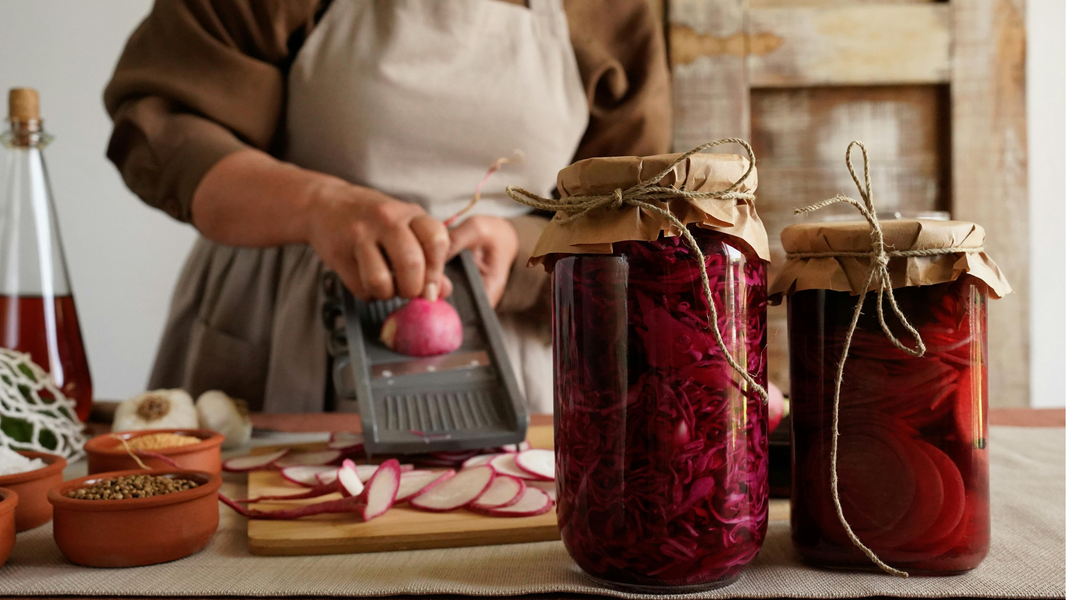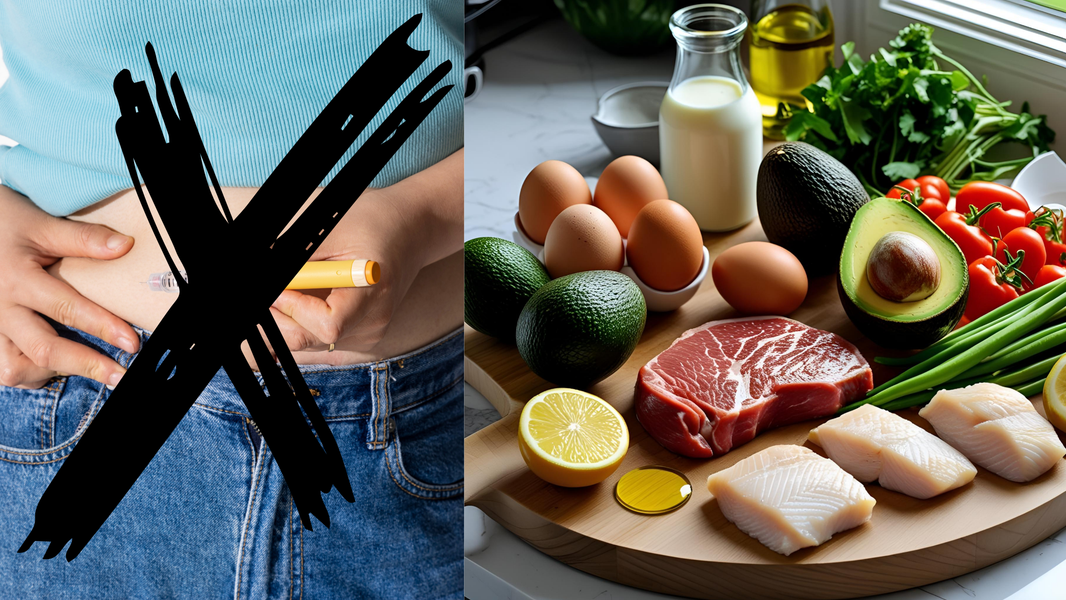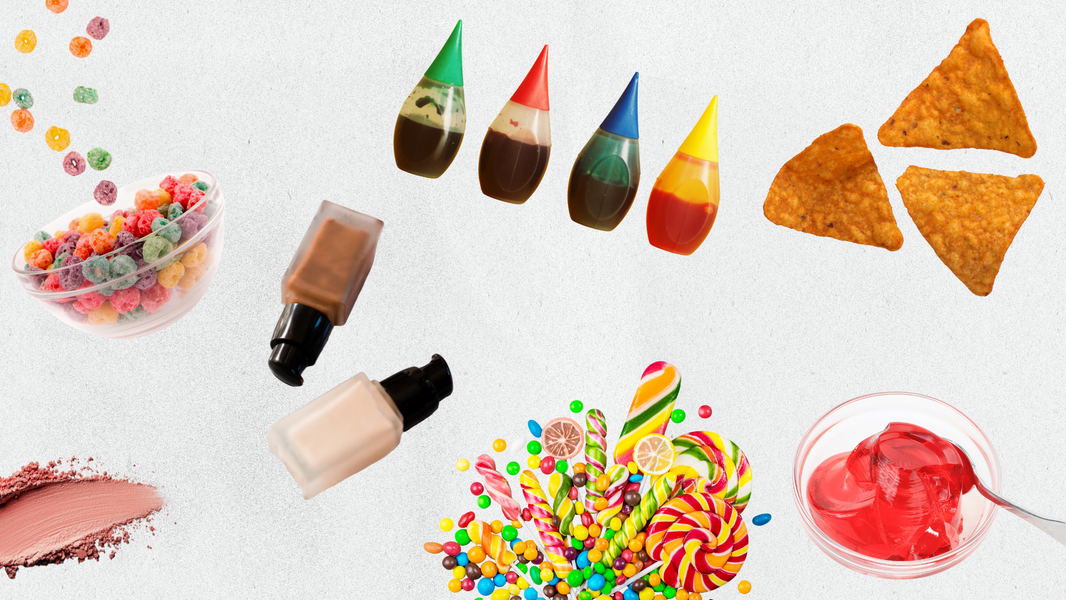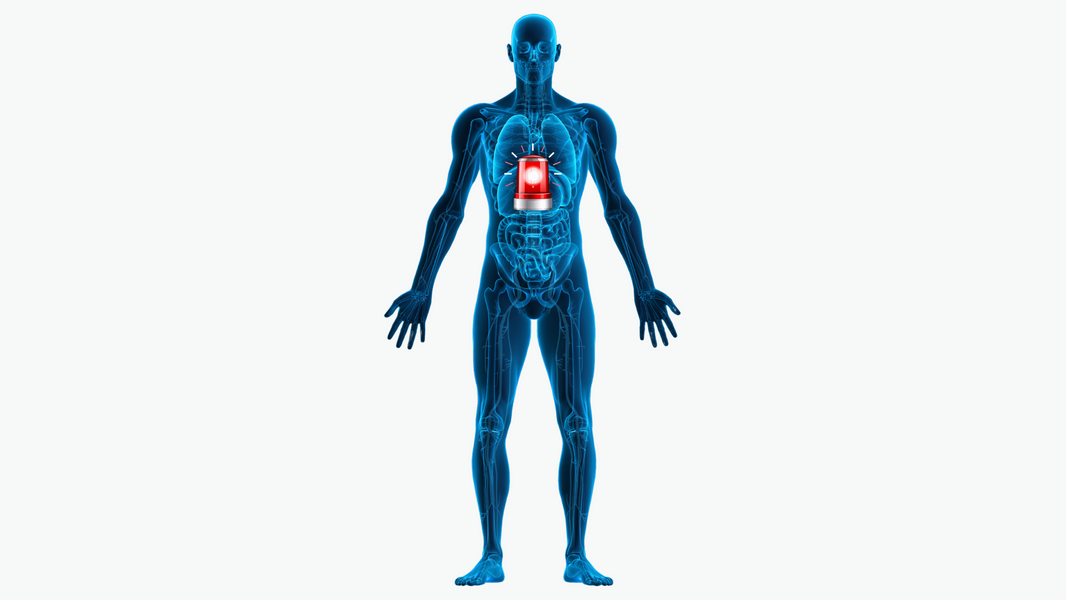Good vision and healthy eyes rely heavily on what we eat. While factors like age and genetics play a role in eye health, the right diet can help maintain sharp vision and reduce the risk of common eye conditions. A balanced intake of specific nutrients ensures the eyes remain nourished and protected. Let’s explore how your diet can improve your eyesight, the best foods for eye health, and the nutrients that prevent vision problems.
The Power of Vitamin A for Vision
Vitamin A plays a critical role in maintaining healthy vision. It forms a component of rhodopsin, a protein in the eyes that allows you to see in low-light conditions. Deficiency in vitamin A can lead to night blindness and dry eyes. To ensure your eyes get enough vitamin A, include the following foods in your diet:
-
Sweet Potatoes: A single serving provides more than the daily requirement of vitamin A.
-
Dark Leafy Greens: Kale and spinach contain both beta-carotene and other vision-supporting nutrients.
-
Carrots (Level 2): Rich in beta-carotene, which the body converts into vitamin A.
Nutrients Essential for Eye Health
Specific nutrients have been proven to support eye health and prevent vision-related issues. Here are some of the most beneficial:
-
Lutein and Zeaxanthin: Found in green leafy vegetables, kiwis, and egg yolks, these antioxidants protect the eyes by absorbing harmful blue light.
-
Omega-3 Fatty Acids: Present in fish like salmon and mackerel (Level 2) as well as walnuts and flaxseeds, these fatty acids support retinal function and may reduce the risk of macular degeneration.
-
Vitamin C and E: Both vitamins act as antioxidants. Citrus fruits, nuts, and seeds provide these essential nutrients that help combat age-related eye damage.
-
Zinc: Found in whole grains (Level 2), seeds, and legumes, zinc brings vitamin A from the liver to the retina, aiding in the production of melanin, a protective pigment in the eyes.
Foods to Include for Better Eyesight
Improving eyesight starts with adopting a diet full of eye-boosting nutrients. Incorporate these foods regularly:
-
Bell Peppers: High in vitamin C, which reduces the risk of cataracts.
-
Broccoli (Level 2) and Brussels Sprouts: These vegetables contain vitamin C and lutein, contributing to overall eye health.
-
Eggs: The yolk is a prime source of lutein, zeaxanthin, and zinc.
-
Citrus Fruits: Oranges, lemons, and grapefruits are rich in vitamin C.
-
Legumes: Lentils and chickpeas are excellent plant-based sources of zinc.
How Your Diet Can Improve Eyesight
A well-rounded diet can significantly influence how your eyes age and how well they function. Here are practical dietary tips:
-
Focus on Colorful Vegetables: Dark green, red, and orange vegetables are especially rich in eye-friendly nutrients.
-
Opt for Whole Grains (Level 2): They have a lower glycemic index, which reduces the risk of age-related macular degeneration.
-
Stay Hydrated: Proper hydration helps prevent dry eyes and supports overall eye function.
-
Limit Processed Foods: Excessive sugar and refined carbohydrates can increase the risk of developing eye diseases.
The Connection Between Gut Health and Vision Health
Emerging research reveals a fascinating link between gut health and vision health. A well-balanced gut microbiome influences nutrient absorption, immune function, and inflammation levels—all critical factors for maintaining healthy eyes.
Key ways gut health impacts vision health include:
-
Optimized Nutrient Absorption: A healthy gut ensures that essential nutrients like vitamin A, lutein, and omega-3 fatty acids are effectively absorbed to support eye health.
-
Reduced Inflammation: Poor gut health can lead to systemic inflammation, increasing the risk of eye conditions such as macular degeneration and dry eye syndrome.
-
Stronger Immune Defense: The gut microbiome regulates immune responses, which can protect against autoimmune conditions that may affect vision.
-
Protection Against Oxidative Stress: A well-functioning gut aids in the absorption of antioxidants, helping to combat oxidative stress that can damage eye tissues.
Tips to support gut and vision health simultaneously:
-
Include fermented foods like sauerkraut and kefir for gut microbiome balance.
-
Eat a variety of fiber-rich vegetables to promote digestion and nutrient absorption.
-
Incorporate omega-3-rich foods such as flaxseeds and walnuts to reduce inflammation.
-
Stay hydrated and enjoy colorful fruits like berries and citrus for their antioxidant properties.
Preventing Vision Problems Through Nutrition
A nutrient-rich diet is your first defense against vision deterioration. Maintaining healthy eyes and preventing vision problems can be achieved by:
-
Consistent Intake of Antioxidants: These combat oxidative stress that damages the eyes.
-
Balanced Omega-3 Consumption: Supports the health of the retina and reduces inflammation.
-
Regular Hydration: Ensures that eyes stay moist and function properly.
Final Thoughts
Your eyesight is a precious sense, and the foods you consume have a profound effect on its longevity and clarity. By incorporating vitamin A-rich foods, essential antioxidants, and omega-3 fatty acids into your daily meals, you can protect your eyes against age-related issues and enhance your vision. Small, consistent changes in your diet today can lead to clearer, healthier vision for years to come.






